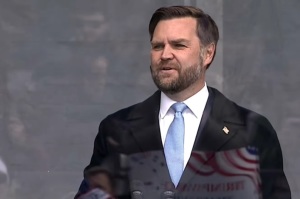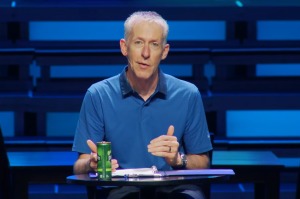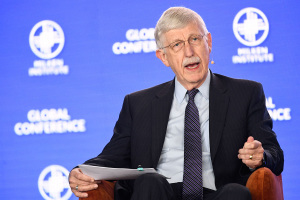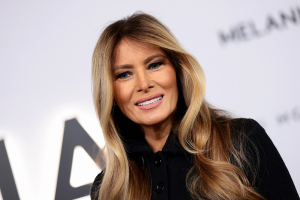Howard University president says ‘safe space’ activism can be counterproductive
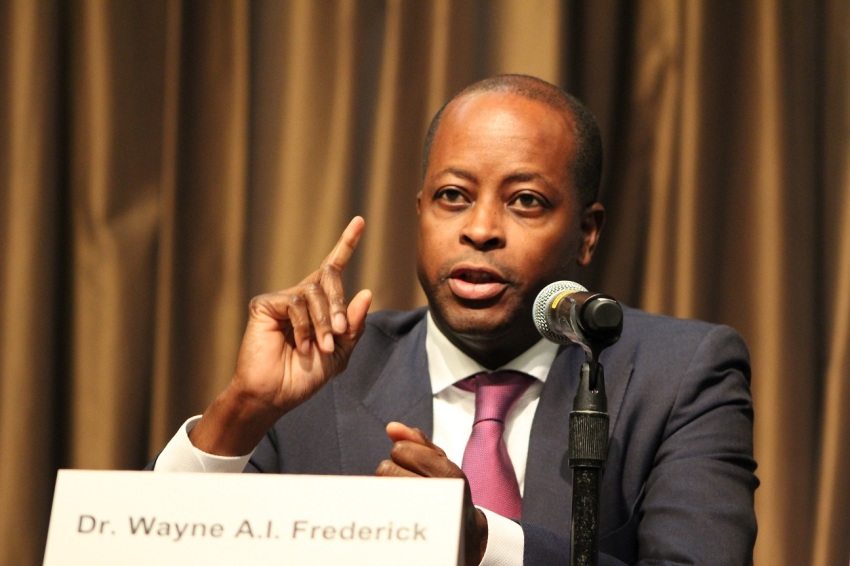
NEW YORK — Howard University President Dr. Wayne Frederick suggested Friday that creating safe spaces at historically black colleges and universities can be counterproductive if it means disengaging from partners who can advance their cause.
Frederick made the point during a panel discussion on the future of historically black colleges and universities at the National Action Network's annual convention with presidents of several other HBCUs, including: David Wilson of Morgan State University, Phyllis Worthy Hawkins of Bennett College, Roslyn Artis of Benedict College and Herman Felton Jr., of Wiley College.
“Howard’s first motive when it was founded in 1867 was equal rights and knowledge for all …. When Howard University was founded in 1867, the 17th president of the United States, a known racist, Andrew Johnson, was the one who signed that charter. The same day he signed the charter to start Howard University he vetoed a reconstruction act,” Frederick noted.
The prominent HBCU leader made an apparent connection with the current political climate without naming President Donald Trump, who is repeatedly branded as racist by political foes and former associates.
“My point is that we have to be at the table,” he argued. “If the men who started Howard University did not go to the table and insist that that president sign that particular charter despite his racist views, we would not be in existence today. And we are at a time in our country where we are often talking about safe spaces … but I want us all to think about something,” he continued.
The term safe space, is commonly associated with universities, but includes other locations like workplaces, where people who feel marginalized can come together and share their experiences of being a part of the marginalized community.
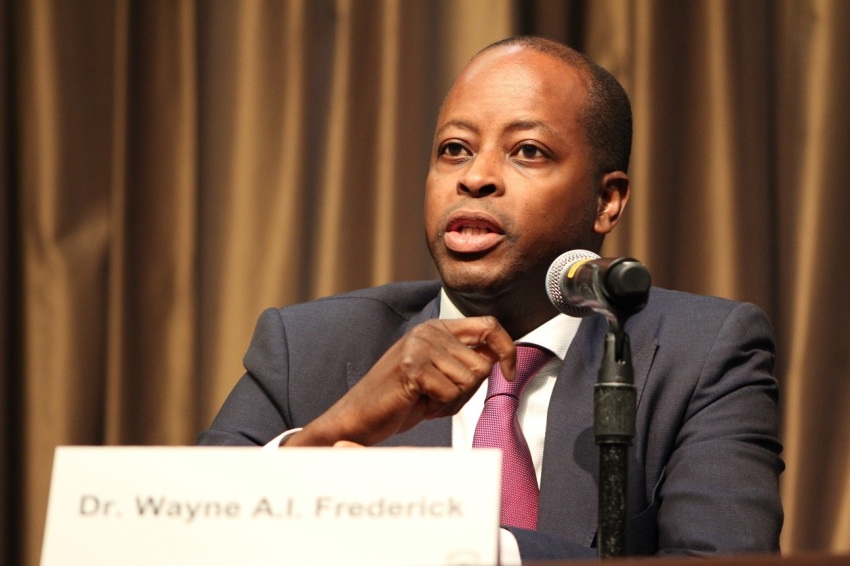
Activism for safe spaces, which remains a controversial concept, is driven primarily from the separatist impulses associated with the politics of identity on many college campuses, the Los Angeles Times said. Some people believe that safe spaces insulates them from not just hostility, but the views of people who are not like them.
“Our HBCU’s are safe spaces but we must recognize that they are not safe spaces because we are allowing the other spaces to be unsafe,” Frederick warned the throng of black activists who had gathered to hear the discussion.
Enrollment at HBCUs is on the rise, according to federal data. In 2017, some 298,138 were enrolled at HBCUs, a jump of 2.1 percent over the previous year.
Theresa Price, founder and chief executive of the National College Resources Foundation, which hosts the Black College Expo, told The Washington Post last month that students are increasingly coming to see HBCUs as a “safe haven” from racist views she argues which have become more easily expressed publicly since the election of President Trump.
“I think definitely the political environment has encouraged people to take a better look” at the schools, Price said.
Frederick argued, however, that HBCUs should be treated as spaces where all students succeed in a way that strengthens them to fully engage with society.
“Let’s not be fooled. People want us to go to our corner and occupy that corner. They want us to not be a part of broader society. And I’m going to advocate that if we make our HBCU’s strong we will make America strong. But we will also make America safe for all of our citizens,” he added.
While Frederick and the other presidents highlighted the value and the necessity of HBCU’s in building the black middle class and producing graduates in STEM fields, he also pointed to the recent college admissions scandal involving wealthy parents and their children gaining access to elite colleges.
“We have a contemporary experience right now in this country where college admissions [is concerned]. We have been able to demonstrate that the institutions that we deem elite have a different admissions standard for those who have the means versus those who don’t. And as you can tell, there are probably quite a few underrepresented minorities who applied to those schools whose parents aren’t wealthy enough to buy their [way in] … that is indicative of all the societal issues that we have,” Frederick said.
















